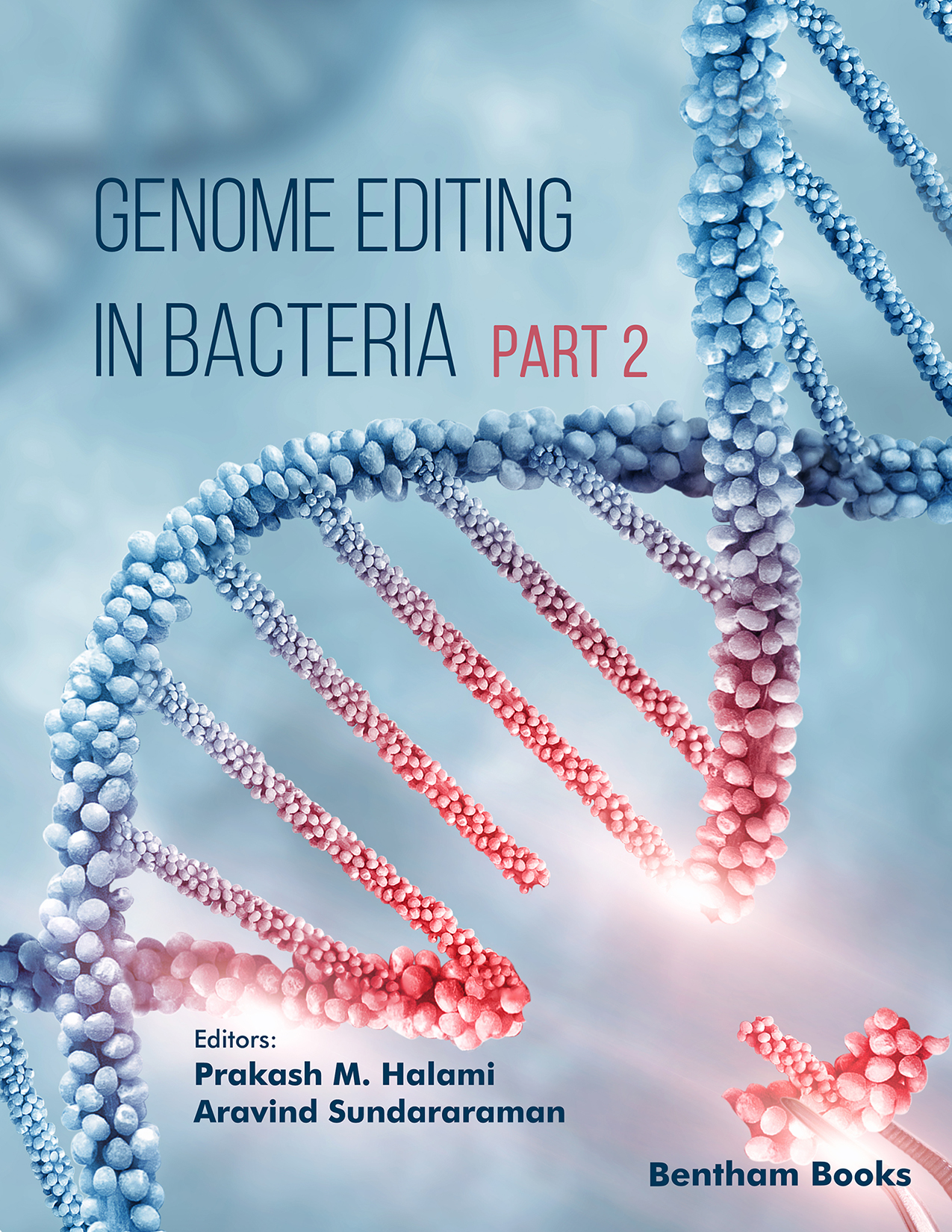Introduction
This reference is a comprehensive review of genome editing in bacteria. The multi-part book meticulously consolidates research findings and insights on the applications of bacteria across several industries, including food processing and pharmaceutical development. The book covers four overarching themes for readers: a historical perspective of genome editing, genome editing in probiotics, applications of genome editing in agricultural microbiology and genetic engineering in environmental microbiology. The editors have also compiled chapters that provide an in-depth analysis of gene regulation and metabolic engineering through genome editing tools for specific bacteria.
Key topics in part 2:
- - Targeting pathogenic microbes for plants and animals using CRISPR-CAS
- - Genome editing microbes to improve crop yield plant growth for sustainable agriculture
- - Applications of genome editing for bioremediation
- - Microbial genome editing for environmental bioprocessing
- - Genetic engineering for methanotrophs
- - Genome engineering in Cyanobacteria
- - Genome editing in Streptomyces
Genome Editing in Bacteria
is a definitive reference for scholars, researchers and industry professionals navigating the forefront of bacterial genomics.
Readership:
Scholars and professionals interested in bacterial genomics.

